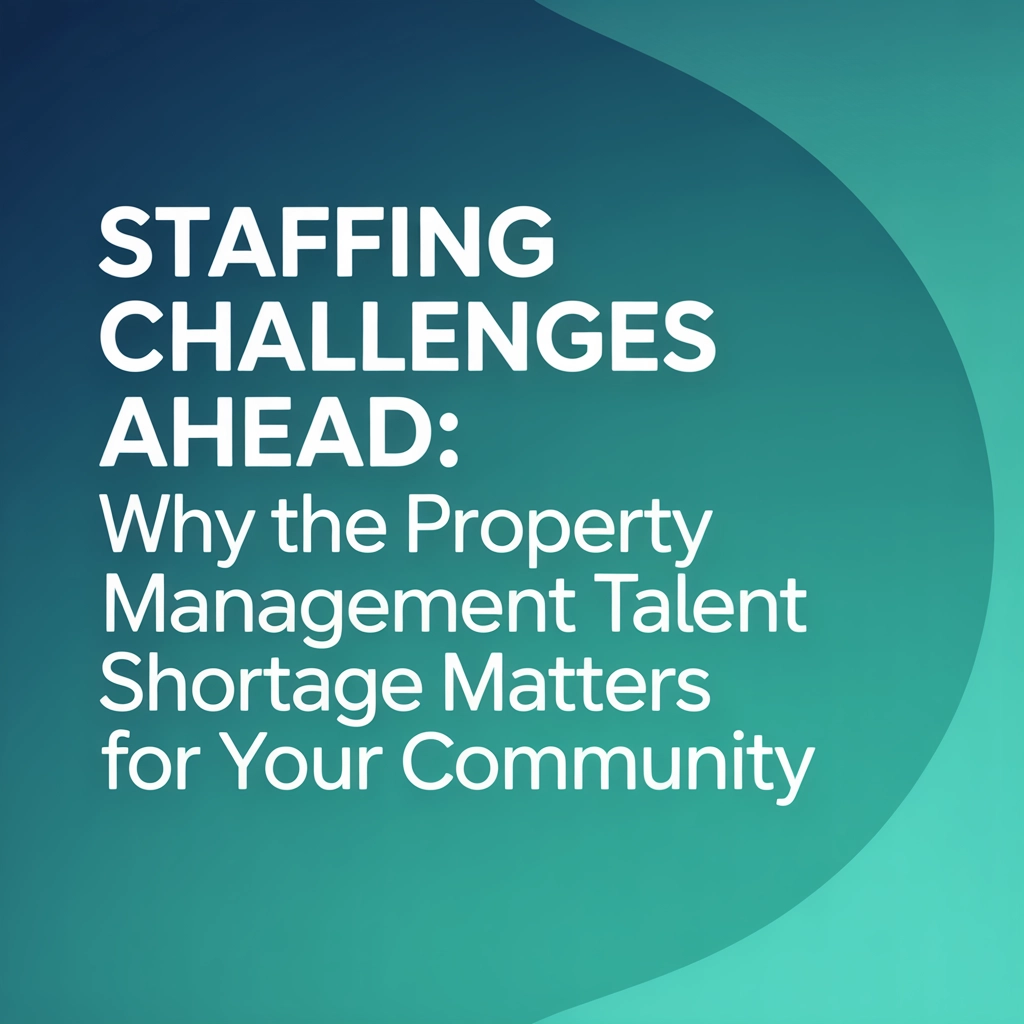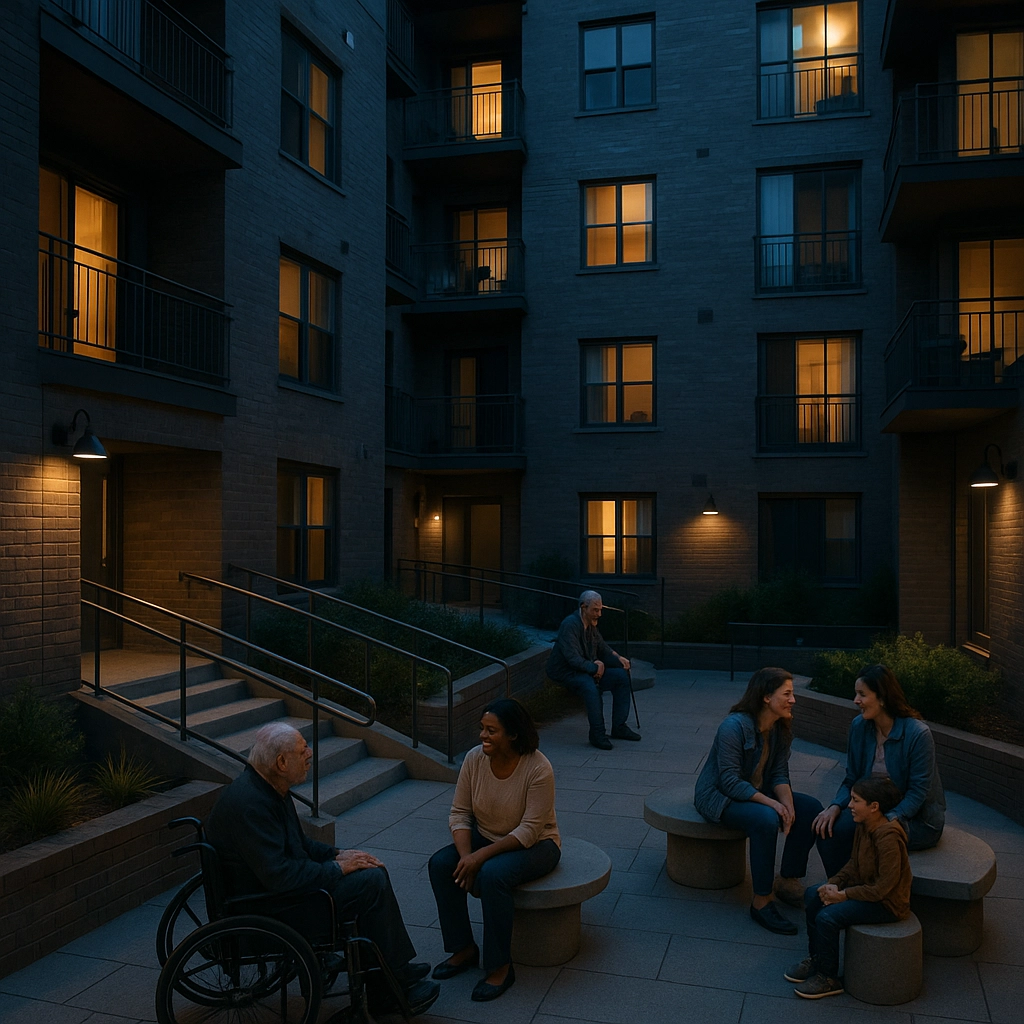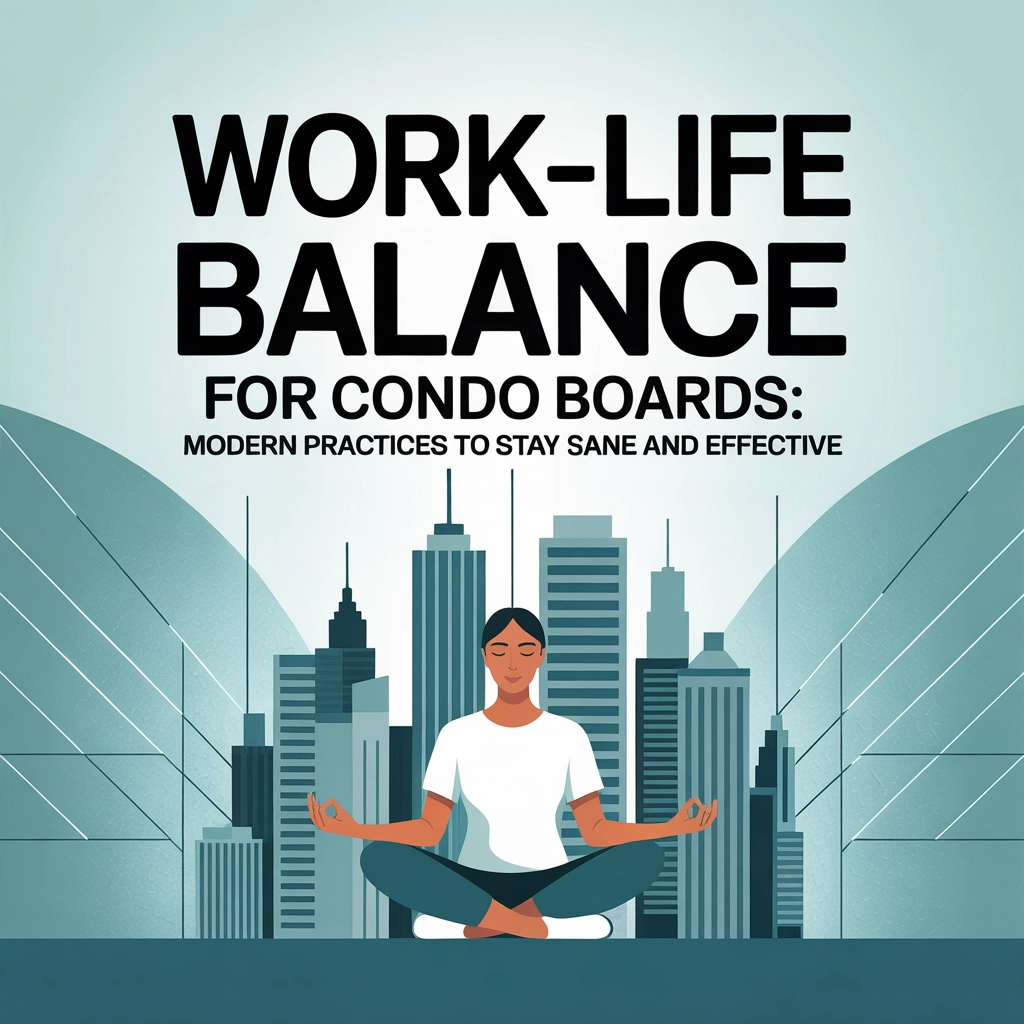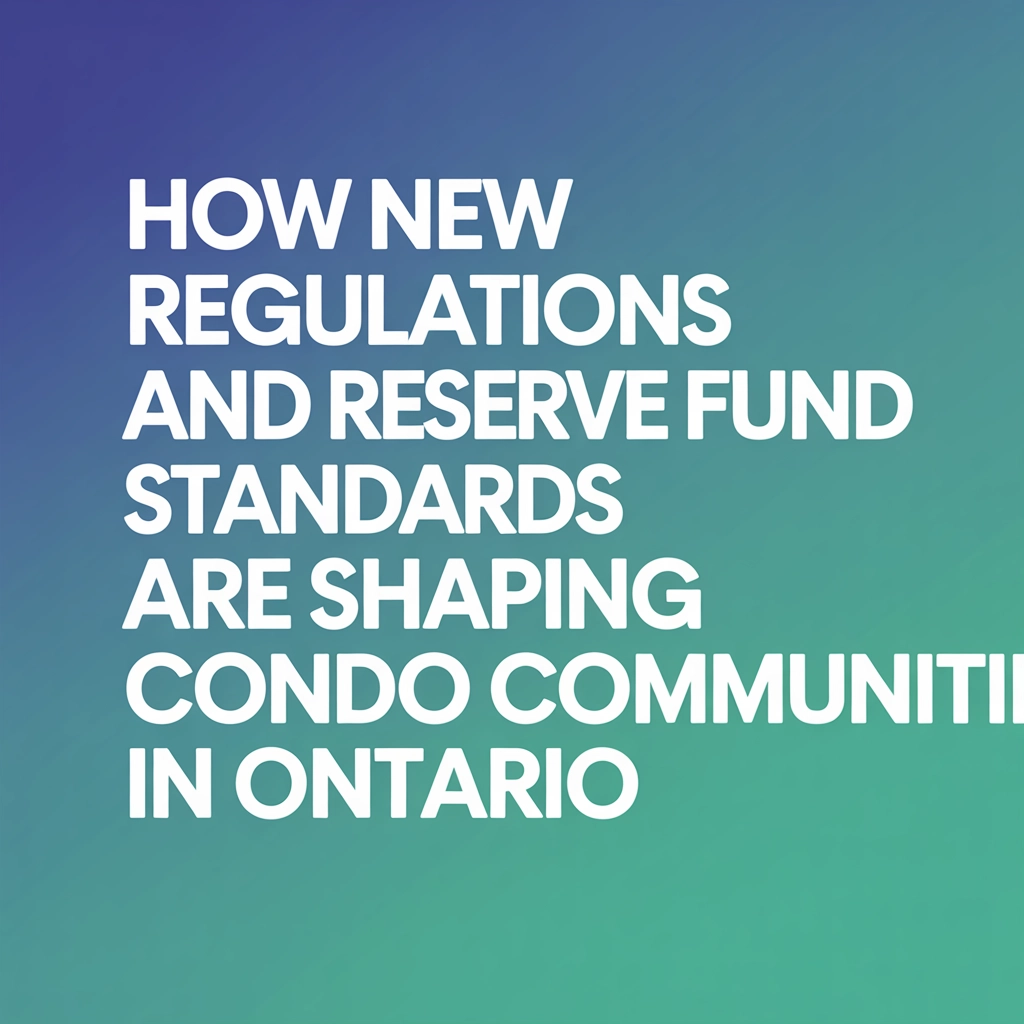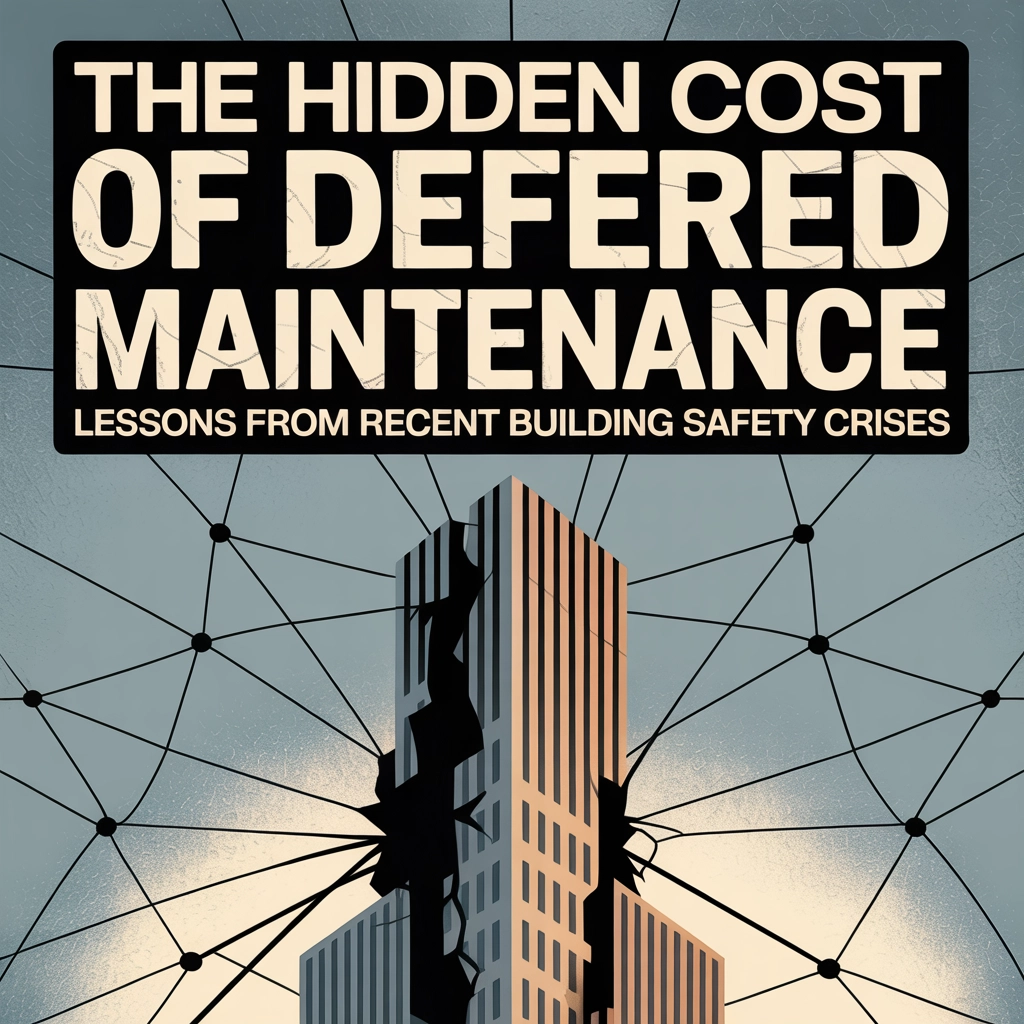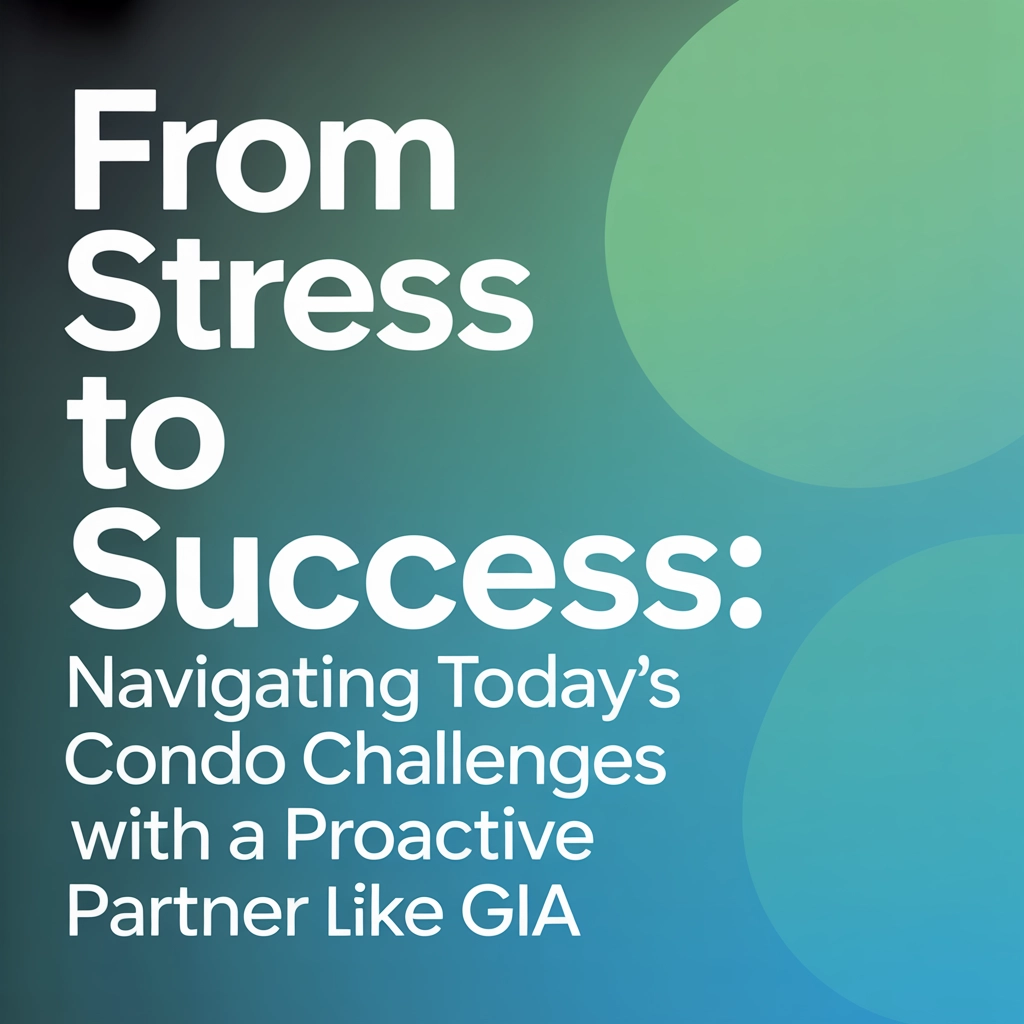The property management industry in Toronto is undergoing intense pressure as staffing shortages upend day-to-day operations for communities, condo boards, and landlords. If you own, rent, or help manage property anywhere in the GTA, chances are you’ve felt ripples from this talent crunch—slower response times, maintenance backlogs, and stressed-out building staff are just the tip of the iceberg. At GIA Property Management, it’s our mission to not only weather this storm but to turn Toronto’s unique challenges into opportunities for better service and community trust.
Understanding the Scope: Toronto’s Talent Crunch
Toronto isn’t alone in facing a property management talent drought, but local factors have supercharged the issue. Legislative changes, the city’s piping hot real estate market, and a boom in new condo construction are fueling unprecedented demand for experienced property managers and support staff. Ontario is on track to add over 100,000 new condo units by 2028—yet the pool of licensed, skilled professionals is shrinking as many long-time managers retire.
Across Canada, especially in Ontario, the shortage of licensed condominium managers is acute. Recruiters and boards are fishing from the same pond, driving up competition for talent. Commercial and residential buildings alike are feeling the pressure, and smaller communities or boutique properties often end up last in line for qualified help.

What’s Causing the Shortage?
Several forces are colliding to make staffing a headache for Toronto’s property management sector:
- Demographic Tidal Wave: A significant percentage of experienced property managers (from site supervisors to building administrators) are retiring or transitioning out of the industry.
- Competition from Other Sectors: Other industries and tech companies lure away maintenance techs and facilities managers with promises of better pay, more flexibility, or remote work options. For example, it's increasingly common for skilled workers to leave their $22/hour maintenance jobs for $27/hour roles at companies like Amazon.
- Rapid Urban Growth: Toronto’s skyline is growing fast, but the number of qualified property managers and reliable trades isn’t keeping up. Licensing requirements in Ontario are rigorous, which is good for quality but makes it harder to fill jobs quickly.
- Skills Gaps: Newer buildings mean new demands on management—think advanced HVAC, green infrastructure, and compliance with evolving energy standards. Many older staff are experts in the basics but may not have experience with today’s smart building systems, and younger workers often need years of on-the-job training.
The Real-World Impact on Your Community
So, why should board members, landlords, and residents care? Because everyday community life runs on solid property management—and when a staffing shortage hits, everyone feels it. Here’s how it plays out locally:
Maintenance Backlogs & Slower Response Times
With fewer hands on deck, routine repair jobs and emergency issues don’t get addressed as quickly. From leaky faucets to malfunctioning elevators, delays can lead to resident frustration and costly, escalated repairs.
Weakened Communication & Resident Engagement
Stretched-thin property staff can’t keep up with emails, phone calls, or community updates. That means unanswered questions, missed notices, and sometimes a breakdown in trust between residents and management.
Gaps in Record-Keeping & Compliance
Property management is about more than just repairs—you need accurate financials, meeting logs, and regulatory documentation. Staff shortages can leave critical tasks behind, putting communities at risk for compliance issues or insurance headaches.
Higher Turnover, Lower Morale
High stress, overtime, and burnout mean more staff leaving, fewer familiar faces around, and the threat of operational knowledge walking out the door. This instability can snowball, making it even harder to attract new talent or hold onto experienced pros.

Strategic Consequences: The Long Game Matters
Beyond the day-to-day hassles, a talent crunch can erode long-term property values and community well-being. Short-staffed teams inevitably get stuck in a reactive mindset—putting out fires instead of planning ahead. Preventive maintenance is the first thing to slip, and outdated processes stick around because there’s just no bandwidth for upgrades. That means higher costs, more surprises, and a risk that your property falls behind the rapidly-evolving Toronto market.
For Toronto boards and landlords, the impact is complex: decisions get delayed, capital projects stall, and resident satisfaction can plummet. Insurance costs and property risks may increase because on-site staff aren’t able to proactively spot and address issues.
How GIA Property Management is Tackling the Challenge—Locally
At GIA Property Management, we know Toronto's challenges inside and out. Our mission is to turn staffing adversity into an opportunity for community growth and innovation. Here’s how we’re responding:
Investing in Our Team—For the Long Haul
Retention starts with respect—so we offer competitive pay, comprehensive benefits, and clear avenues for advancement. We mentor junior managers, nurture talent from within, and create a workplace where people actually want to stay. Our goal: a familiar, stable staff you can trust for years.
Technology That Supports, Not Replaces
From AI-powered workflow tools to smart building platforms, GIA leverages tech to streamline administrative work and free up staff for higher-value, face-to-face service. Tools like automated maintenance scheduling, digital communication portals, and cloud-based record-keeping help us do more with less—without cutting corners on service.
Looking for more on how we operate? Check out our client services and tenant services pages.
Recruitment with Community in Mind
GIA’s hiring isn’t just about plugging holes—we prioritize professionals who embrace Toronto’s diversity, understand the nuances of urban living, and are committed to building healthy condo communities. Whether you’re a downtown high-rise or a boutique midtown building, we match the right staff to your unique needs.
Proactive Communication
Staffing challenges don’t have to mean silence from your property manager. Our team uses regular updates, digital newsletters, and transparent response protocols to keep boards and residents informed—even when things get busy. This approach builds trust, loyalty, and cohesion in every building we manage.

The Future: Adaptation, Growth, and Community Resilience
Toronto’s property management landscape will keep evolving, which means communities need partners who can anticipate change and pivot quickly. The talent shortage is real, but it’s not unbeatable. With commitment, creativity, and a focus on both people and technology, condo boards and landlords can navigate this challenge and emerge stronger.
By working with a local partner like GIA Property Management, Toronto communities gain an ally determined to deliver personal attention, operational excellence, and the depth of expertise to protect your property’s value and well-being—no matter how tough the talent market gets.
Ready to tackle staffing challenges head-on? Connect with GIA Property Management today. Let’s build a resilient, responsive future for your Toronto community.
Learn more about GIA’s story or get in touch with our team.


